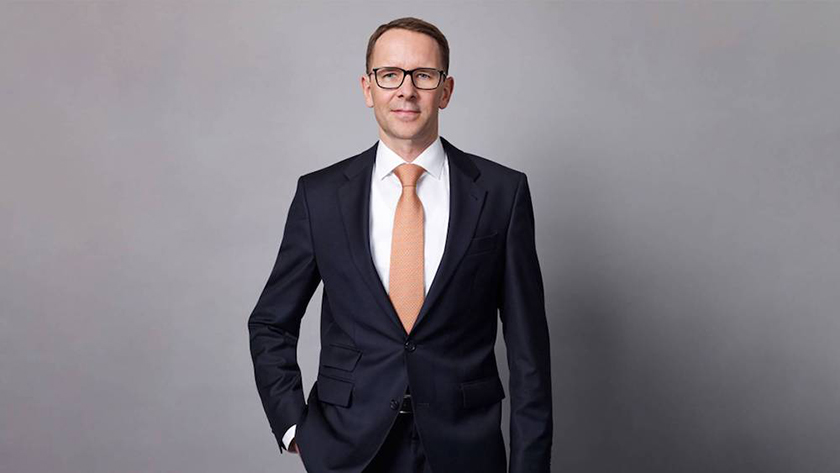More news
- Asian paint regulatory round up – Indonesian exterior paint still uses lead, warns W...
- Nigeria’s paint industry navigates regulatory changes and economic challenges amid p...
- Focus on the global coatings market: Global coatings market outlook
- Ask Joe Powder – October 2024
- Chinese paint majors look to domestic consumer sales as commercial real estate slumps

Wacker Chemie AG today celebrated the 25th anniversary of its Nünchritz site. Among the dignitaries to mark the occasion was Saxony’s State Governor Michael Kretschmer. The globally operating chemical company acquired the Nünchritz plant in 1998. Ever since, the Group has invested around €1.7bn and made Nünchritz into one of the world’s largest and most modern production sites for silicones and polysilicon.
In his opening address, President and CEO Christian Hartel expressed his thanks to the Free State of Saxony, the partner companies involved in the expansion, and the employees at the Nünchritz site. “Transforming the Nünchritz plant into one of the world’s largest and most modern production facilities for silicon-based chemicals is no easy task and a large-scale project of such complexity can only be accomplished by working as a team. The entire success of the project depends on the commitment and co-operation of all parties involved,” Hartel emphasised. He also highlighted the outstanding performance of the plant: “Since 2001, we have com-missioned a large number of new facilities for silicones and their upstream products. Existing facilities, too, have been expanded significantly. And, since 2010, we have been producing polysilicon, the most important raw material for semiconductors and solar cells. In terms of production technology, the Nünchritz plant now plays in the Champions League and can hold its own against any other site,” he said.
Looking ahead, Hartel highlighted the importance of pursuing Wacker’s success story at Nünchritz. At the same time, however, the CEO drew attention to the deteriorating economic environment in Germany in recent years. In particular, he referred to the price of electricity in Germany, which is far too high compared to international standards: “Energy is the lifeblood of the chemical industry. If it is not available in sufficient quantities and at a competitive rate, entire industries and value chains will be at stake.” In this context, Hartel reiterated his demand for an industrial electricity price of four euro cents per kilowatt-hour as an interim solution until sufficient green energy is available at a more favorable price.
Wacker in Nünchritz
At its Nünchritz site, Wacker Chemie AG produces silicon-based chemical substances, including some 200 different silicone grades, pyrogenic silicas and hyperpure polycrystalline silicon for the solar industry. The plant also operates a cartridge-filling facility for silicone adhesives and sealants. The low-waste and energy-efficient closed-loop production complex continues to cut energy consumption and reduces the environmental impact of wastewater and emissions. Silicones and polysilicon from Saxony are exported all over the world.
More than 100 years of expertise in chemicals
The Nünchritz site on the banks of the Elbe river has a long history spanning More than 100 years. Friedrich von Heyden founded the plant in 1900. In the initial period, the company produced inorganic substances such as sulphuric acid, caustic soda, chlorine and hydrochloric acid. Direct synthesis (also known as the Müller-Rochow synthesis) was developed in the early 1940s. Chemist Richard Müller thus paved the way for the industrial production of silicone, which began at the Nünchritz plant in 1954. After the reunification of Germany, state-owned enterprise VEB Chemiewerk Nünchritz became a limited company – Nünchritz Chemie GmbH. Wacker took over the plant in October 1998.



